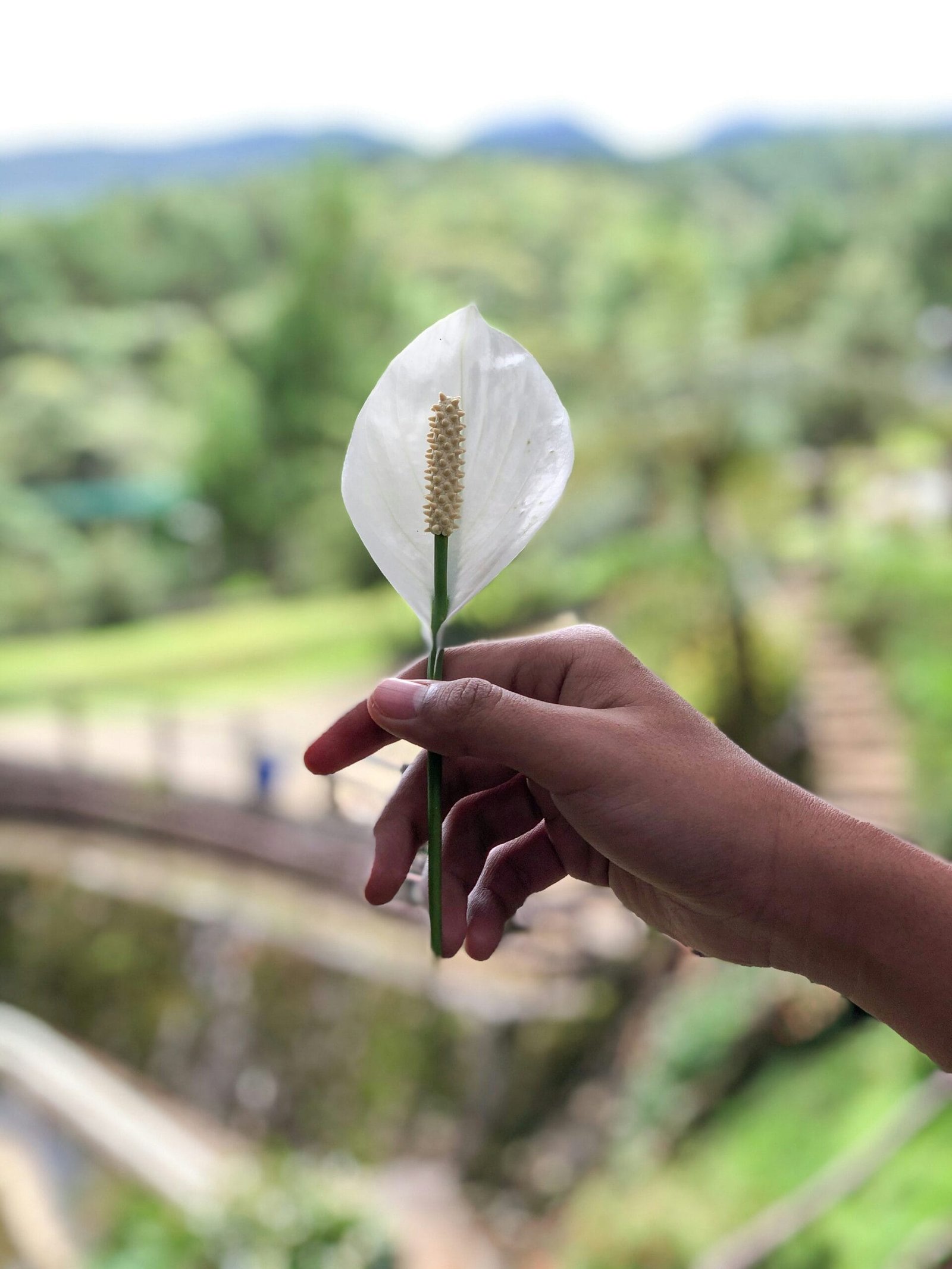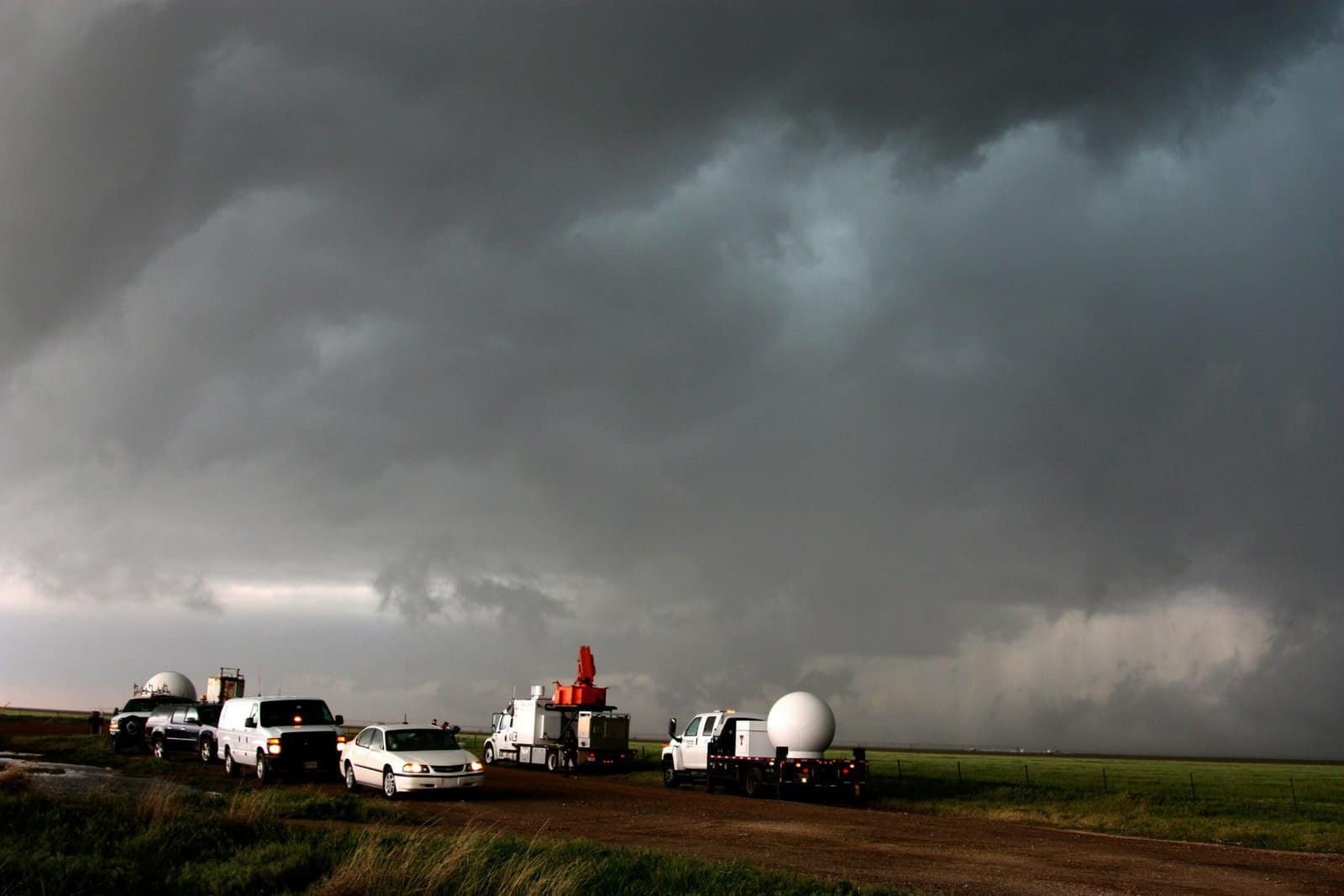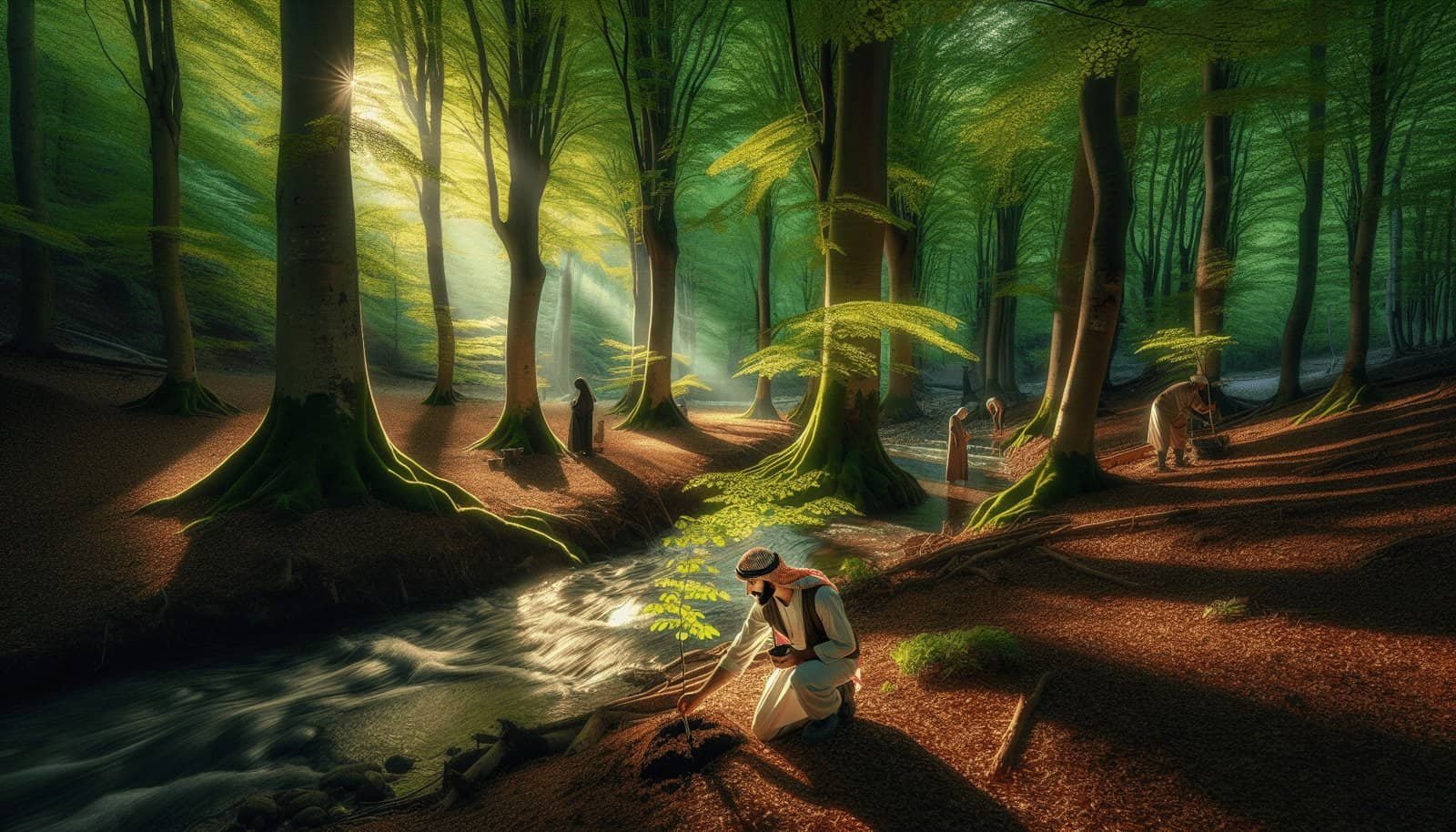Can you imagine contributing to the environment and your community by volunteering with a local conservation organization? If you’ve ever felt drawn to nature and wanted to make a difference in preserving it, volunteering might be the perfect opportunity for you. Let’s explore what it means to volunteer with conservation organizations, how you can get involved, and the impact you can make.

Understanding Conservation Organizations
Conservation organizations are dedicated to preserving natural resources, protecting wildlife, and ensuring that ecosystems remain healthy and sustainable. They often focus on issues such as deforestation, endangered species, pollution, and climate change. As a volunteer, you could work in various settings, from lush forests and wetlands to urban parks and community gardens.
What Do Conservation Organizations Do?
Conservation organizations undertake a wide range of activities to achieve their goals. These may include conducting research, advocating for policy changes, restoring habitats, and educating the public. Volunteers are essential in supporting these efforts by providing manpower and passion.
Types of Conservation Projects
You might find yourself involved in different types of projects, such as:
Restoration Projects: These projects aim to restore natural habitats to their former health. Tasks may include planting trees, controlling invasive species, and monitoring ecosystems.
Wildlife Monitoring: Volunteers help track animal populations and behaviors to ensure species’ survival and adapt conservation strategies as needed.
Environmental Education: Teaching community members about conservation practices is crucial. You could help organize workshops, guide nature walks, or create educational materials.
Benefits of Volunteering in Conservation
Volunteering offers numerous benefits, both personally and for the community. It’s a way to connect with nature, meet people who share similar interests, and gain valuable skills and experiences.
Personal Growth
Volunteering in conservation projects often leads to personal growth. You’ll learn new skills related to environmental science, teamwork, and project management. Plus, spending time in nature can improve your mental health and offer a sense of accomplishment.
Networking Opportunities
Engaging with conservation work can expand your network. You’ll meet professionals and like-minded volunteers who can provide support, opportunities, and friendships. These connections could lead to career advancements or new projects.
Making a Tangible Impact
Knowing that your efforts directly benefit nature and communities provides immense satisfaction. Your work might lead to more trees in a forest, cleaner water sources, or increased awareness about environmental issues.
How to Get Involved
Getting involved with local conservation organizations is easier than you might think. Here’s how you can begin your journey in conservation volunteering.
Research Local Opportunities
Start by researching conservation organizations in your area. Look for ones that align with your interests and values. Websites, social media, and community boards can be excellent resources for finding volunteer opportunities.
Contact and Connect
Once you’ve identified potential organizations, reach out to them. Express your interest and ask about available roles. Conservation groups often appreciate enthusiasm and may guide you in how you can help.
Understand Your Commitment
Before signing up, understand what will be expected of you in terms of time, tasks, and commitment level. Ensure it fits with your schedule and lifestyle to maintain a rewarding experience.
Role of Education in Conservation Volunteering
Education plays a pivotal role in conservation efforts. Understanding the issues and solutions related to environmental challenges can enhance your volunteer experience.
Gaining Knowledge
Before volunteering, it’s beneficial to educate yourself about local environmental issues. This knowledge allows you to contribute effectively and engage in meaningful conversations during your volunteer activities.
Training and Orientation
Many organizations offer training sessions and orientations for volunteers. These are designed to equip you with the necessary skills and information about the specific project you’ll be working on. Attending these sessions is crucial for personal and project success.

Tips for a Successful Volunteering Experience
Volunteering should be a fulfilling and positive experience. Here are some tips to ensure your time is both productive and rewarding.
Set Realistic Expectations
Understand that change takes time. While you may not see immediate results, know that every little action contributes to larger conservation goals.
Be Open and Flexible
Volunteer work often requires flexibility and adaptation. Be open to different tasks and assignments, which can provide new learning opportunities.
Communicate
Maintain open communication with your coordinators and fellow volunteers. Sharing your experiences and feedback can improve the effectiveness of the conservation efforts and enhance team dynamics.
Challenges in Conservation Volunteering
While volunteering is rewarding, it can also present challenges. Being aware of these can help you prepare and adapt.
Physical Demands
Some conservation projects can be physically demanding, such as planting trees or clearing brush. It’s important to assess your physical capabilities and engage in tasks suited to your abilities.
Emotional Impact
Working in conservation can sometimes be emotionally challenging, particularly if dealing with threatened species or degraded environments. Remember to take care of your emotional well-being and seek support if needed.

Measuring Your Impact
After dedicating your time and effort, you might wonder about the impact you’ve made. There are ways to measure how your contribution benefits the conservation goals.
Track Changes
Some organizations provide data on how conservation projects are progressing. This could include improvements in habitat restoration or increases in wildlife populations.
Reflection
Reflect on your personal growth and the skills you’ve learned. Consider how these experiences have changed your perspectives on environmental issues.
Community Feedback
Interaction with the community can provide insights into your impact. Positive feedback from locals can reinforce the benefits of your efforts.
Supporting Conservation Beyond Volunteering
Even if you are unable to volunteer regularly, there are still ways to support conservation efforts.
Advocacy and Awareness
Raising awareness about environmental issues in your community and advocating for policy changes are powerful ways to contribute to conservation.
Sustainable Lifestyle
Adopting sustainable practices in your daily life, such as reducing waste, conserving water, and supporting eco-friendly products, helps protect the environment.

Conclusion
Volunteering with local conservation organizations offers a myriad of benefits, both for the environment and for you personally. It’s a chance to learn, grow, and make a positive impact while connecting with nature and like-minded individuals. Are you ready to support your local environment and discover the meaningful role you can play in conservation efforts? The journey begins with a small step, but the benefits and legacy you create can be enduring and significant.